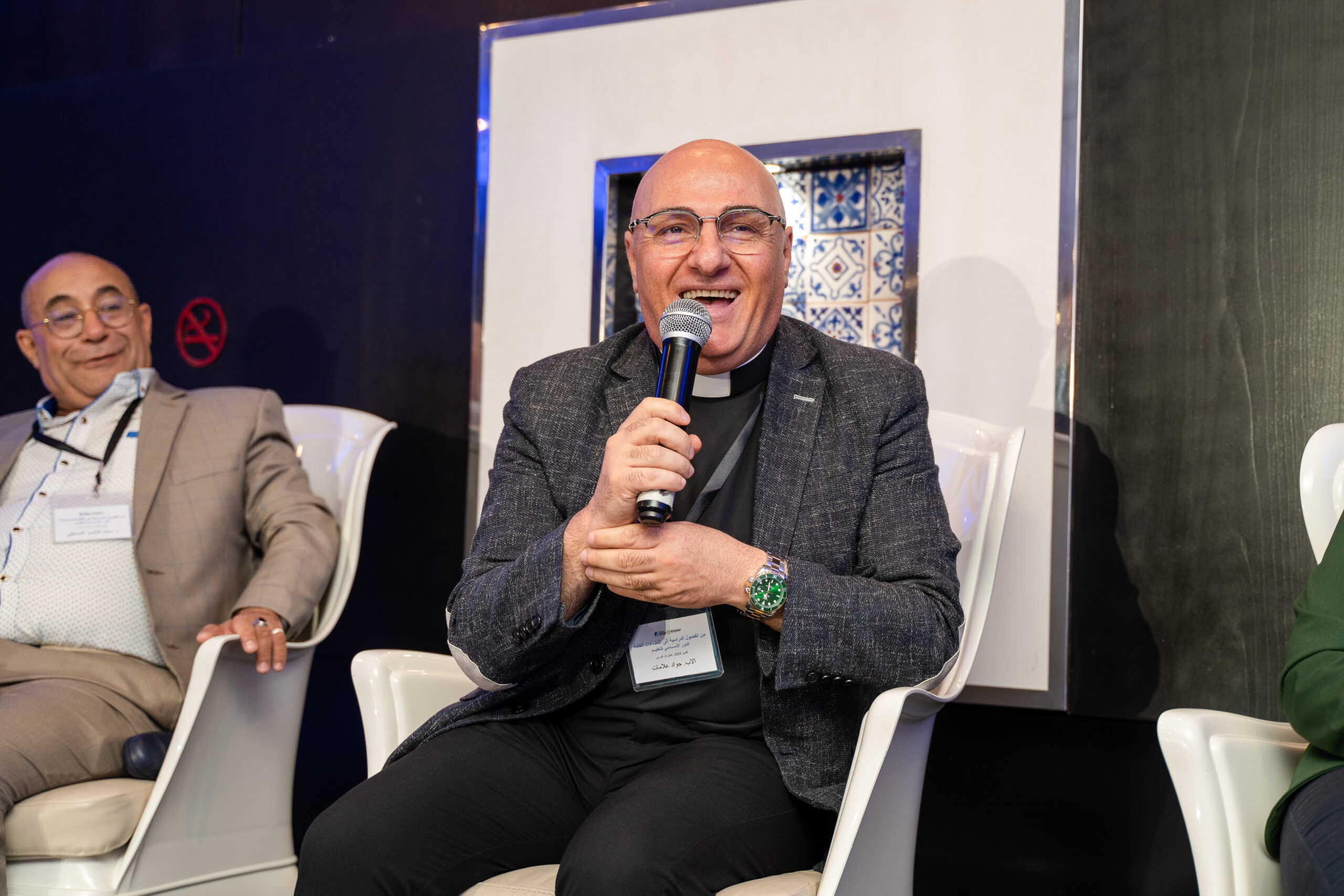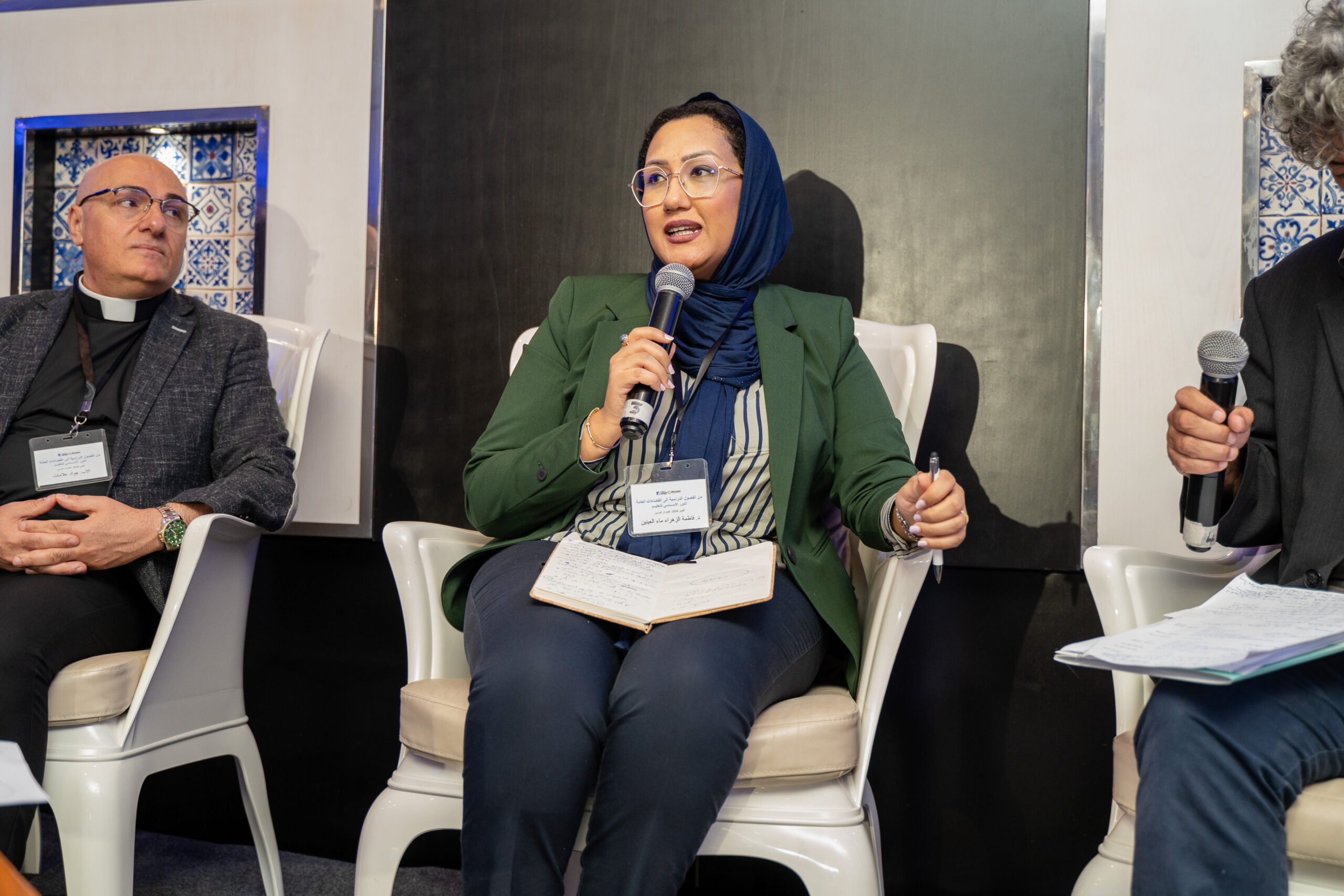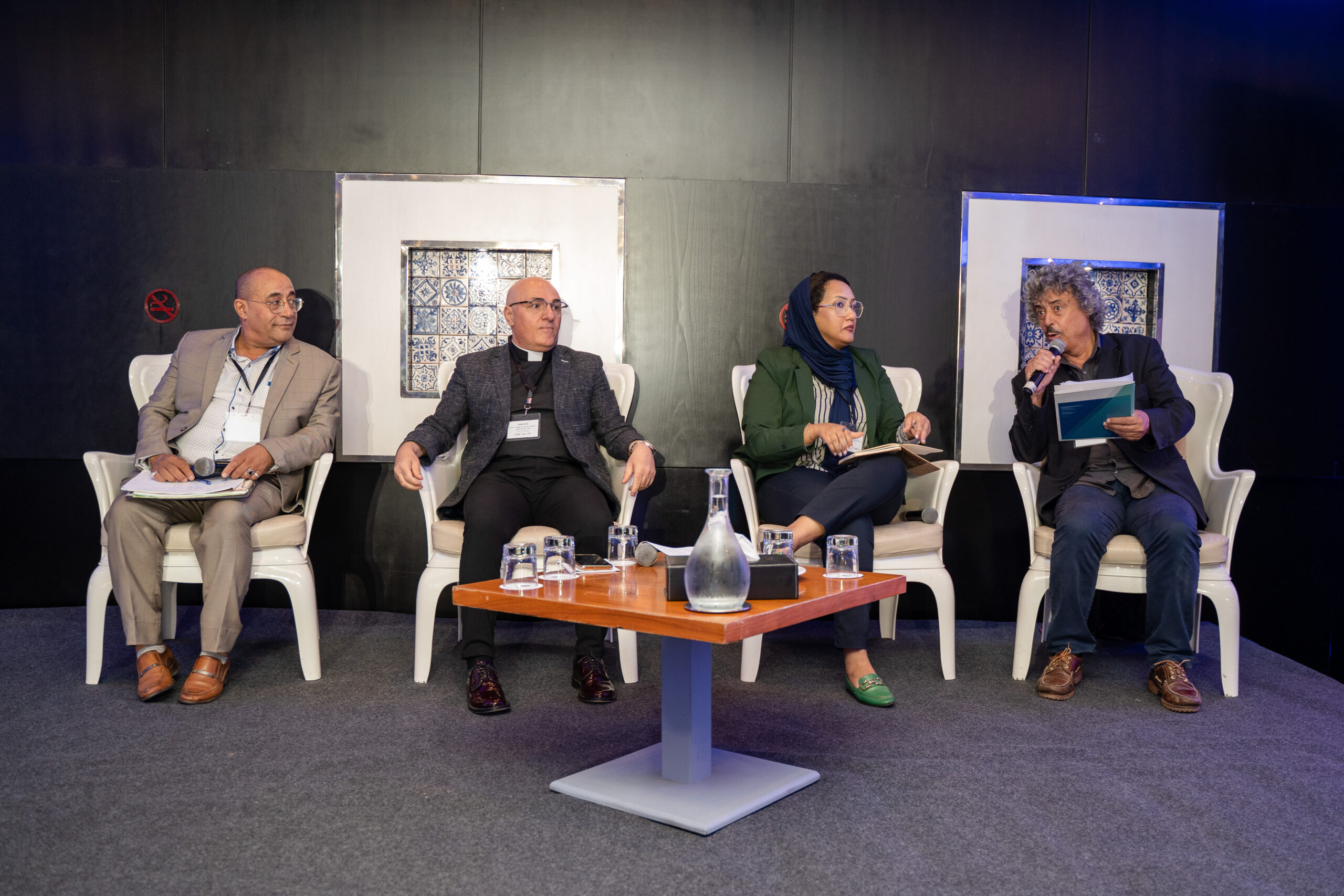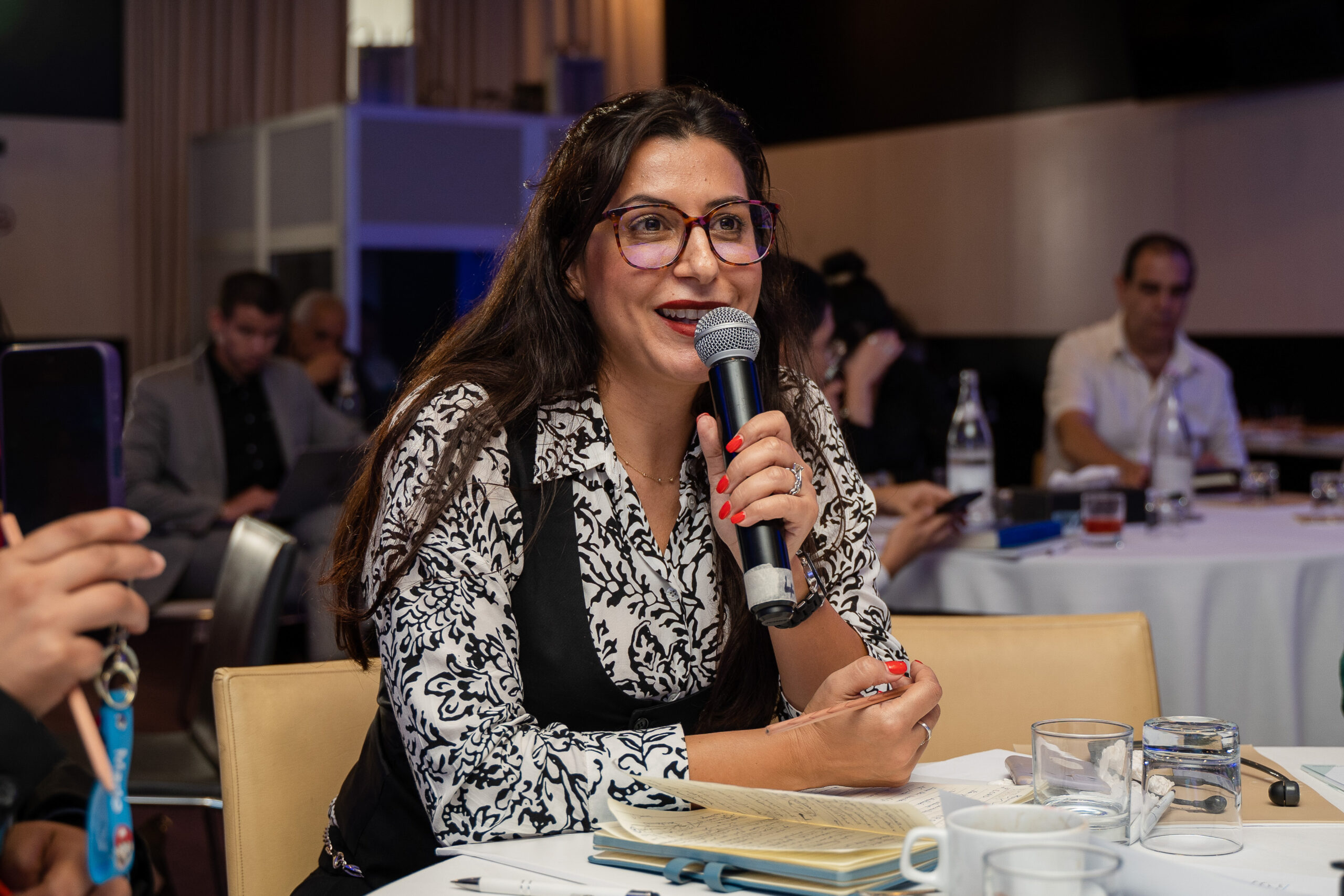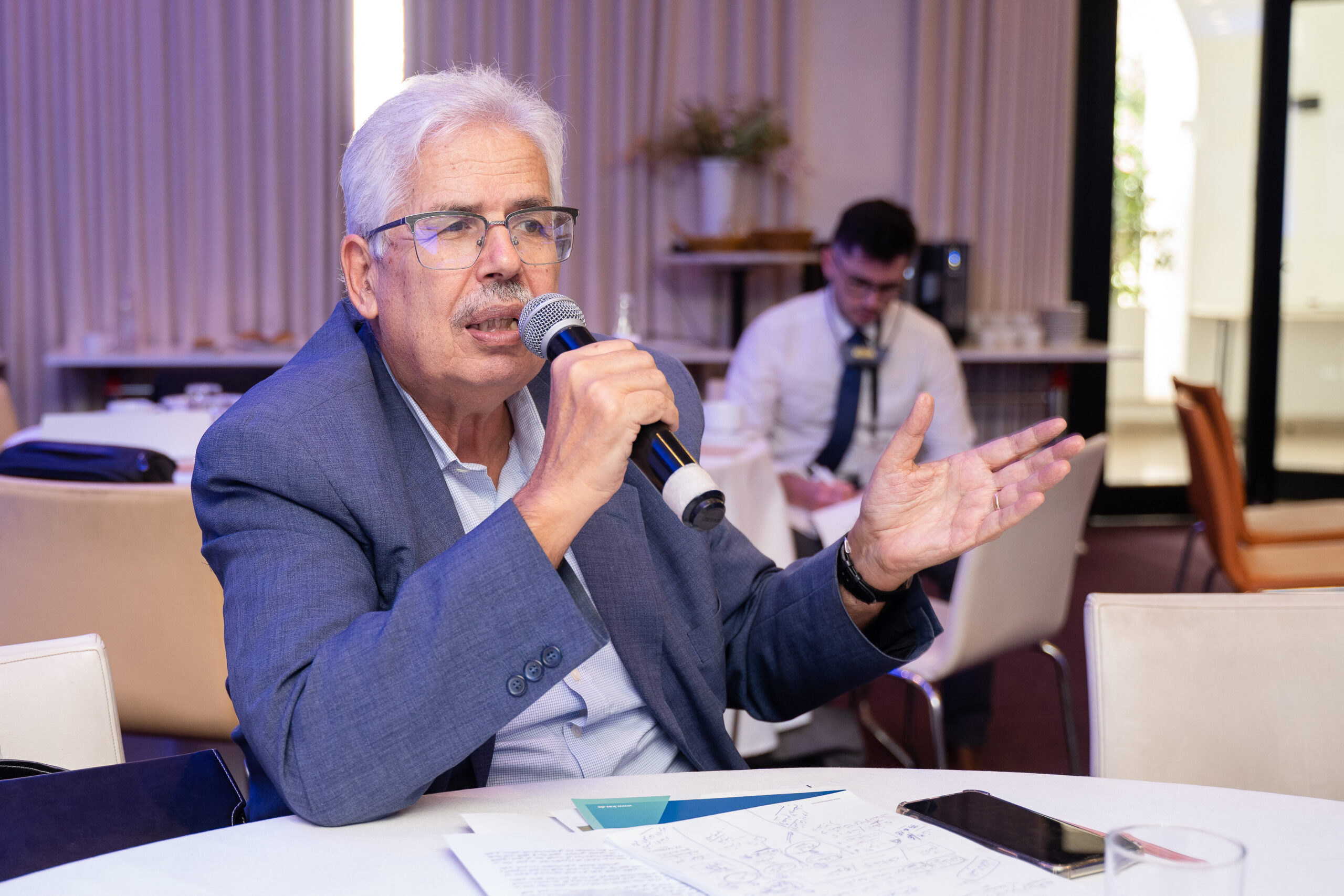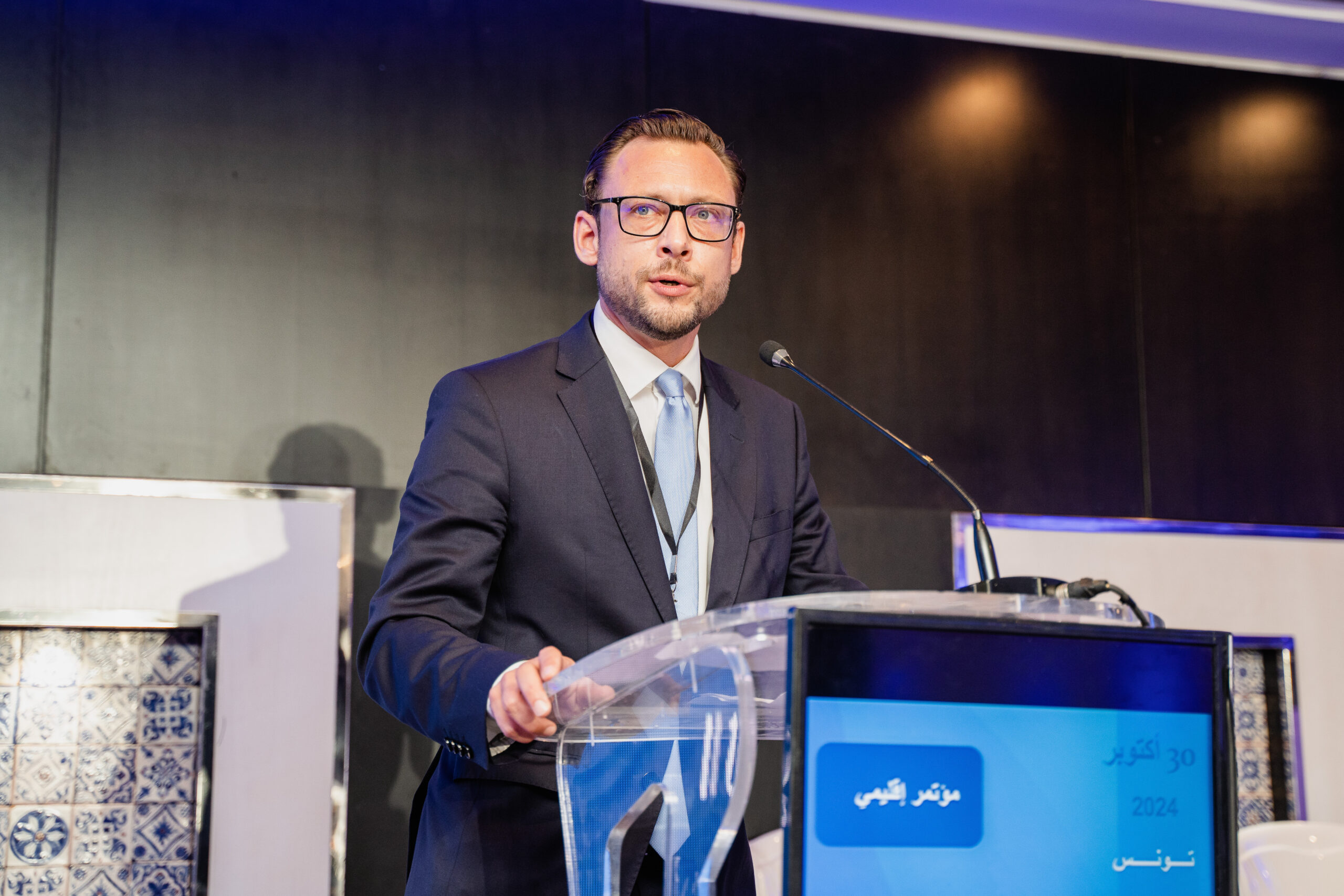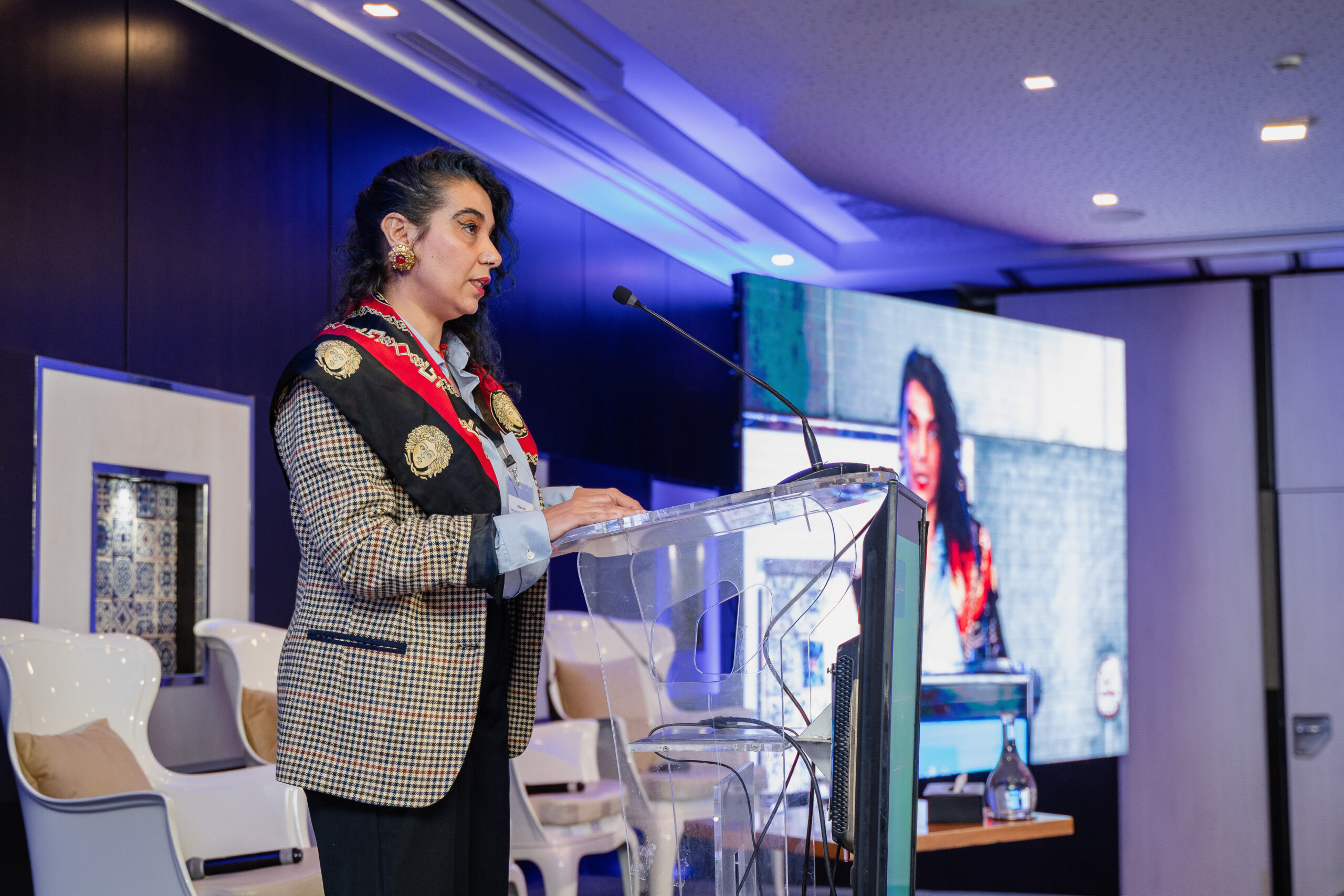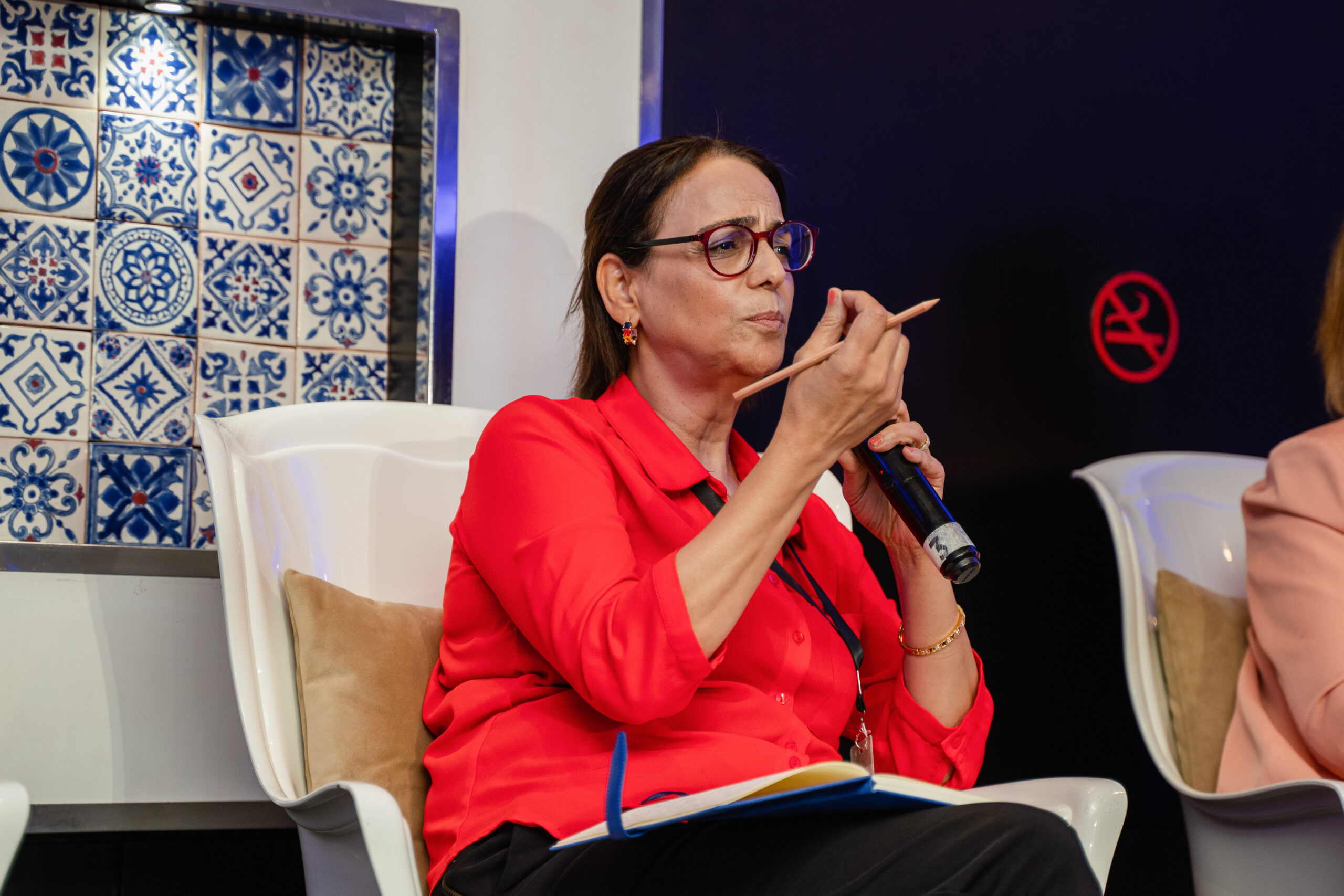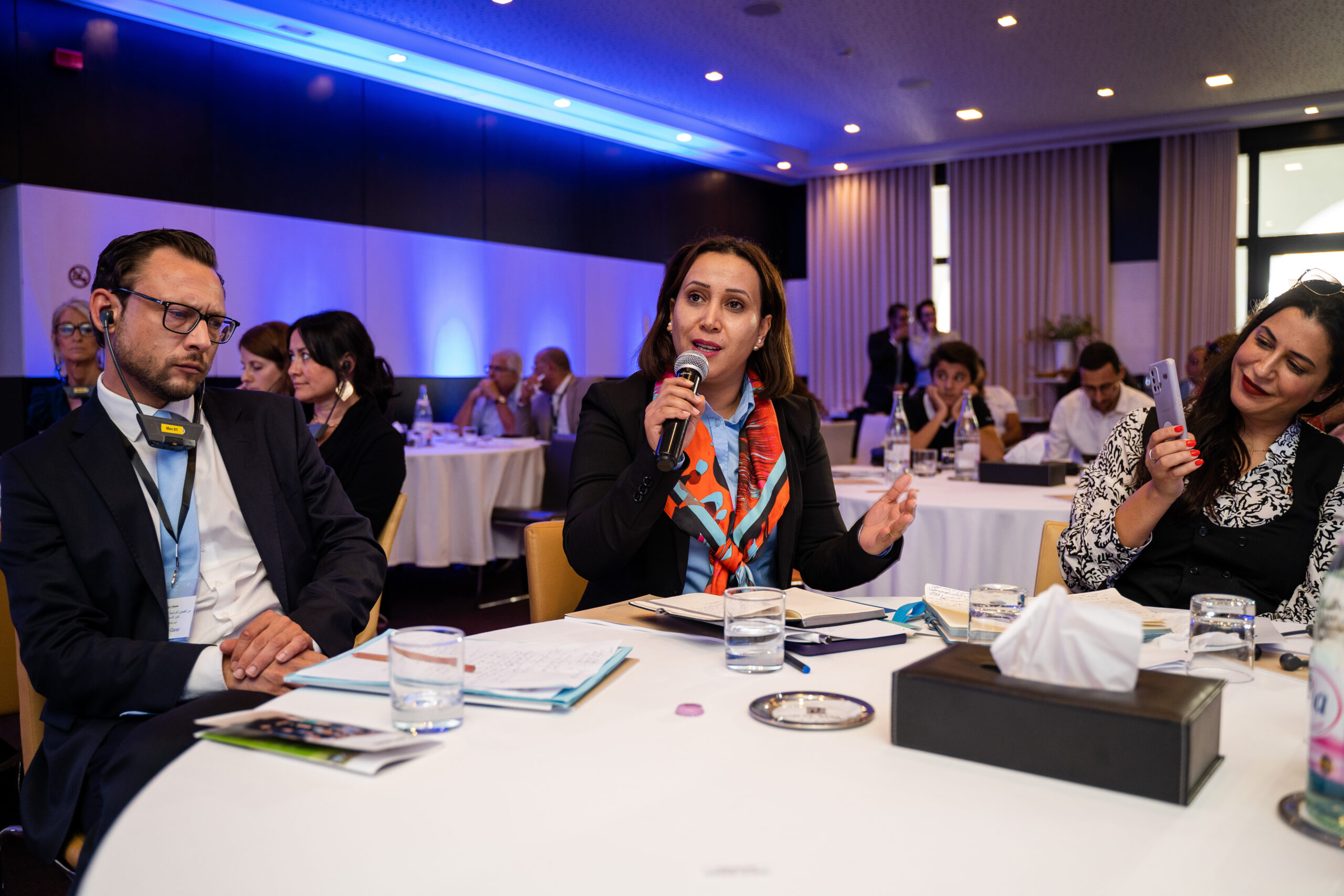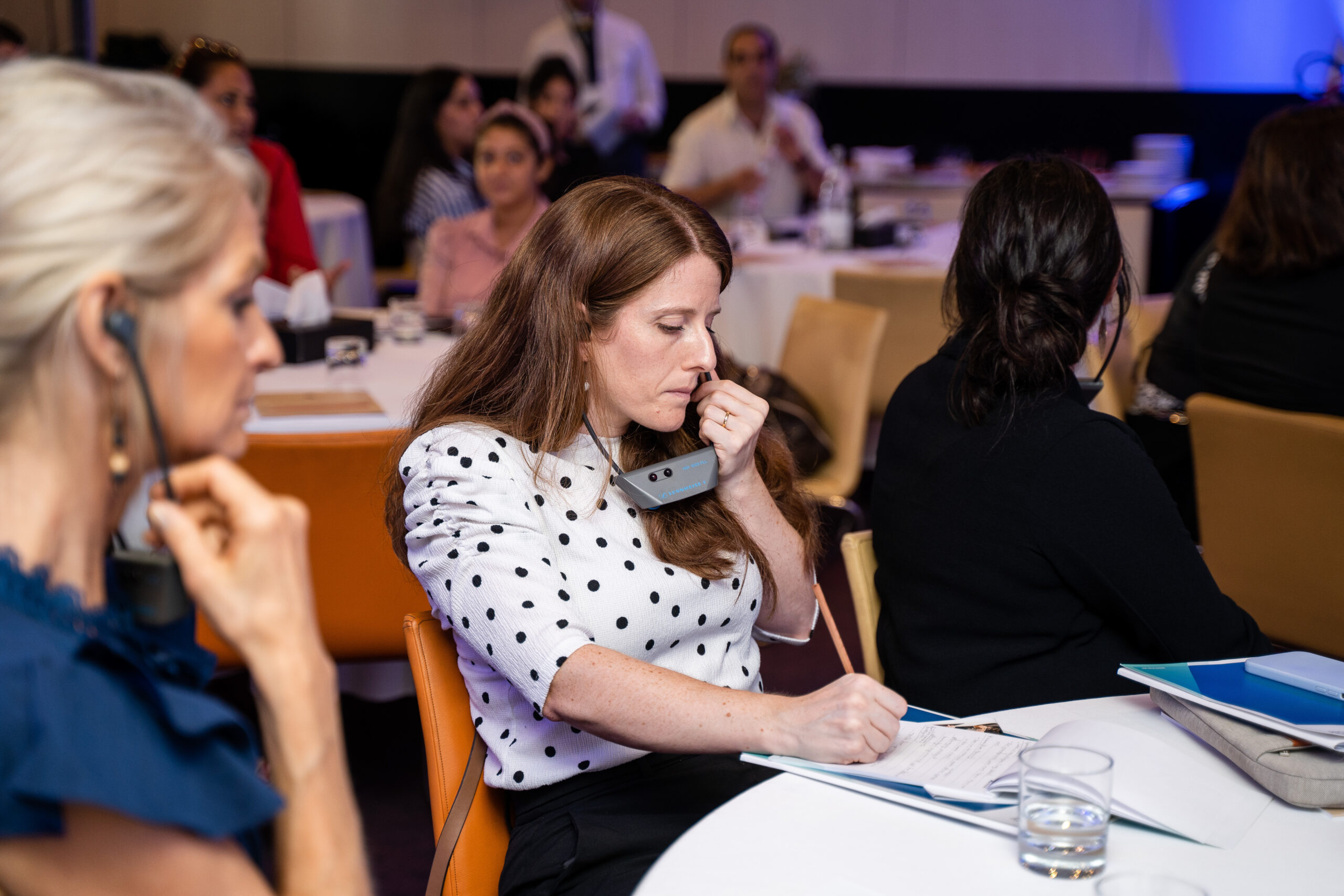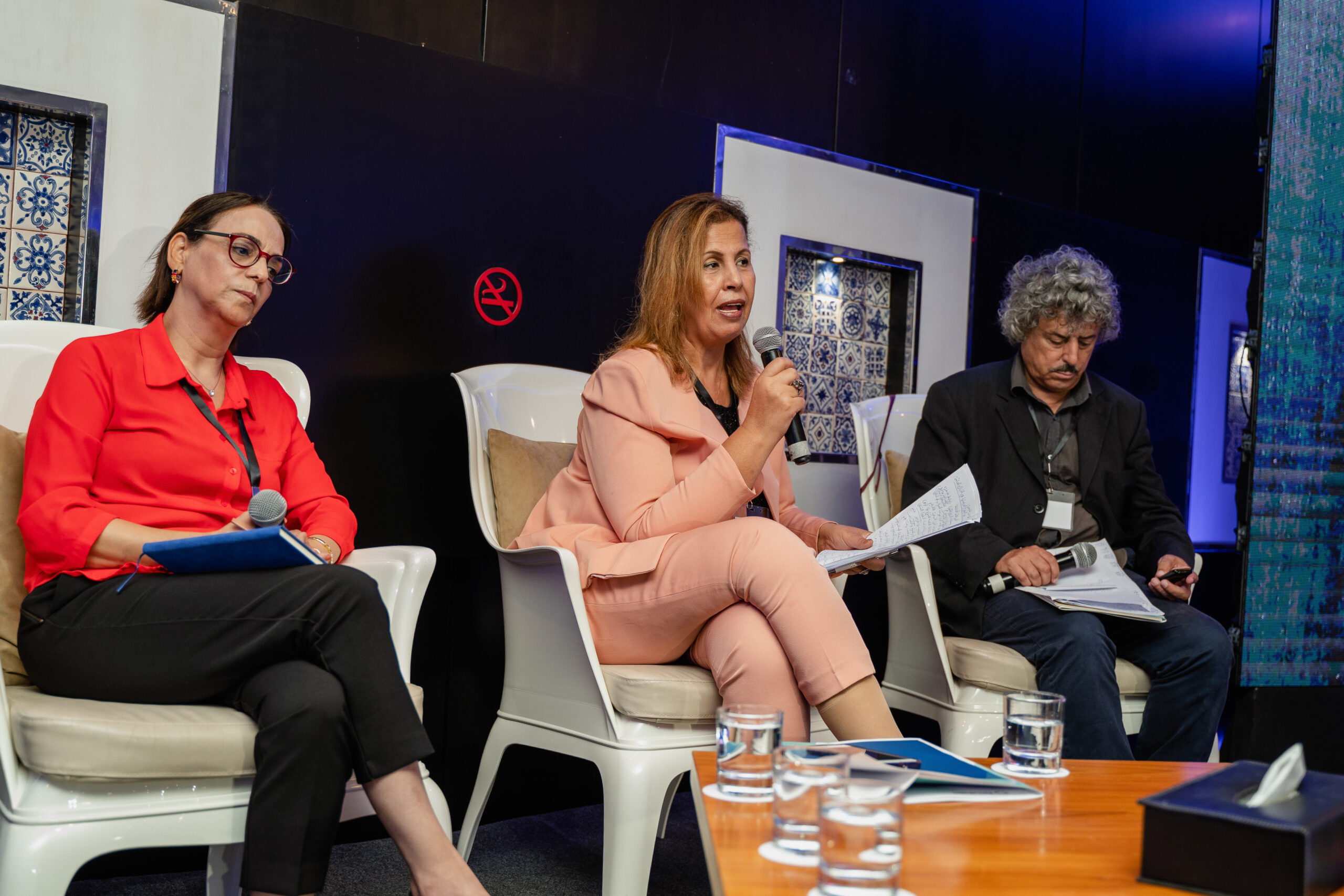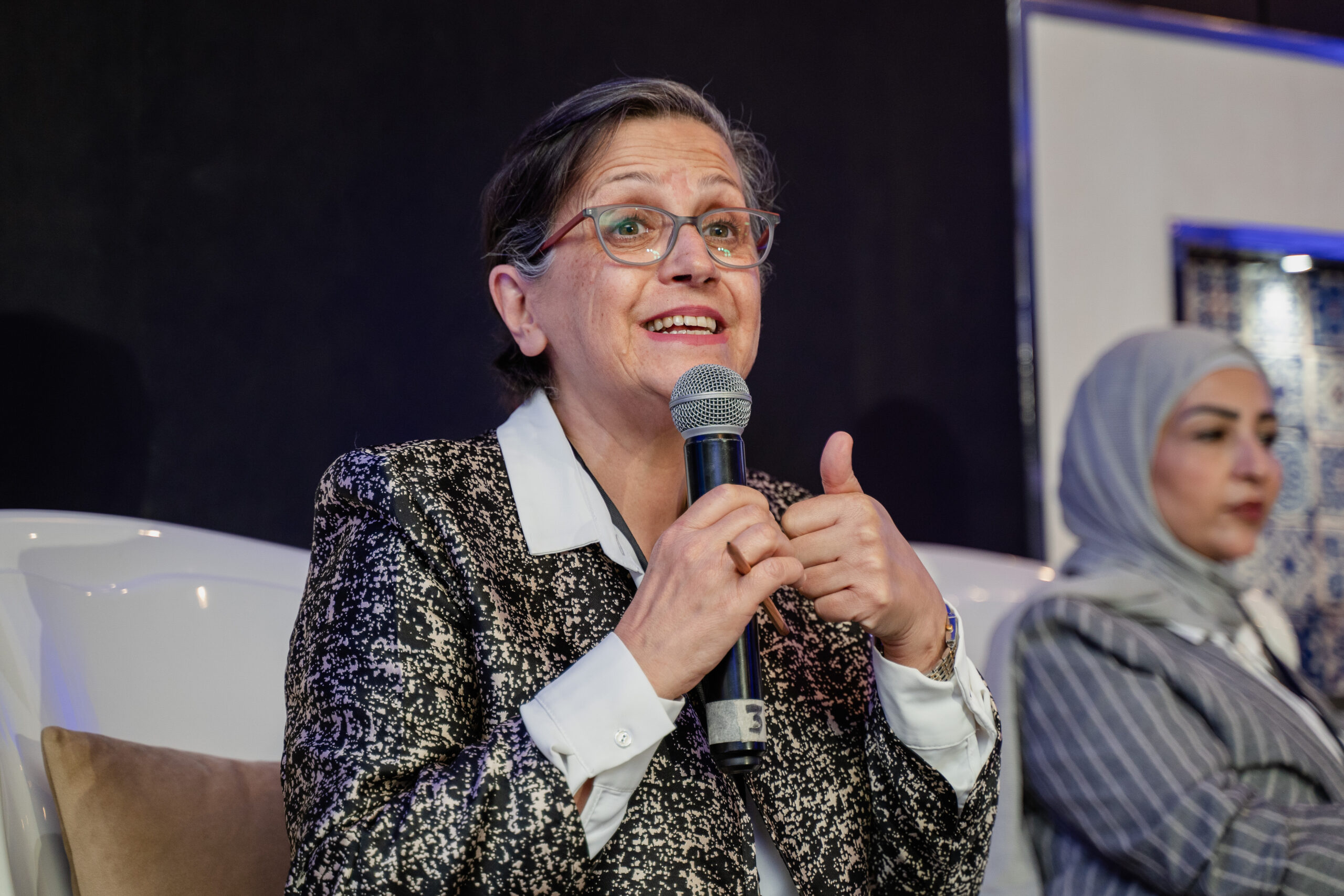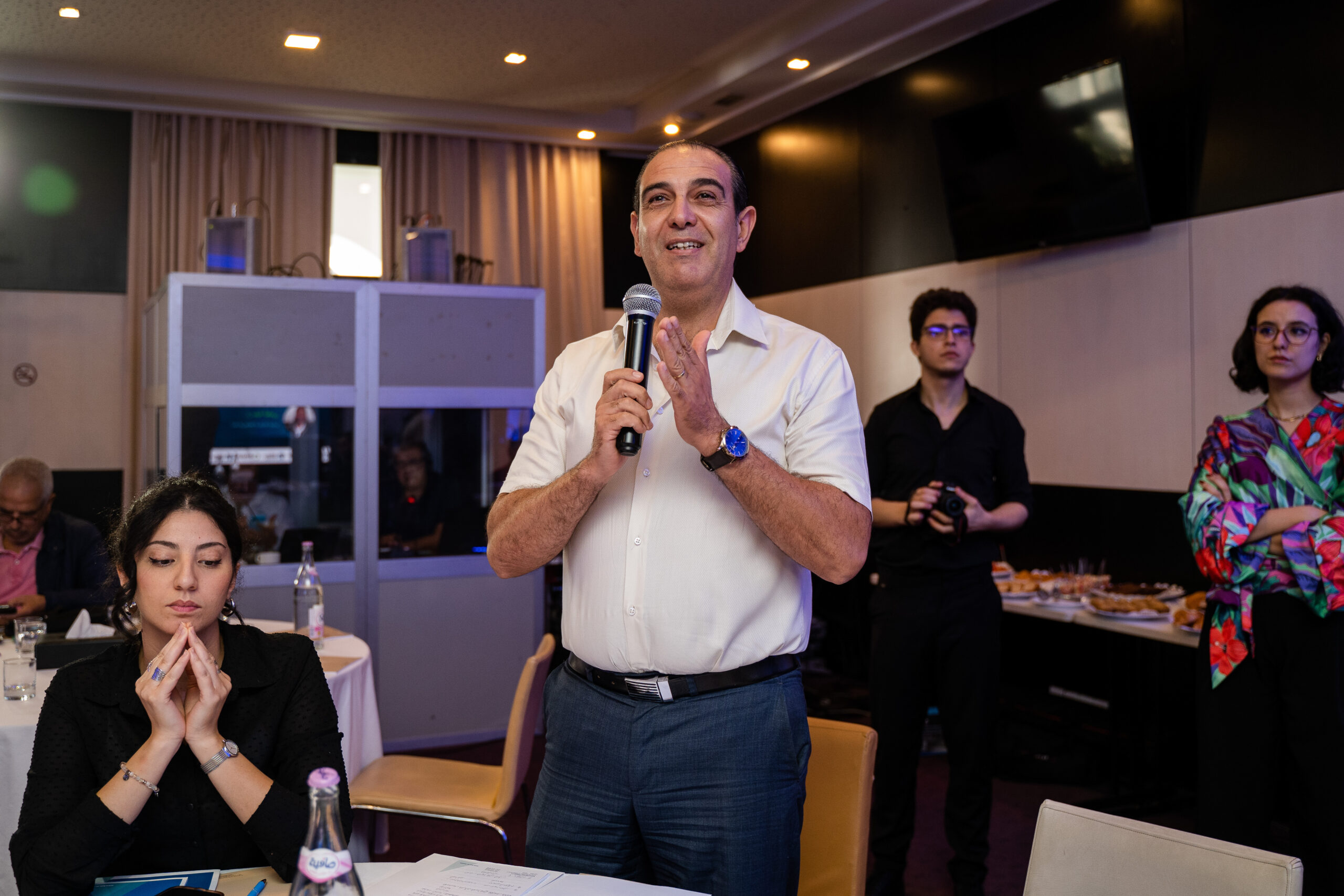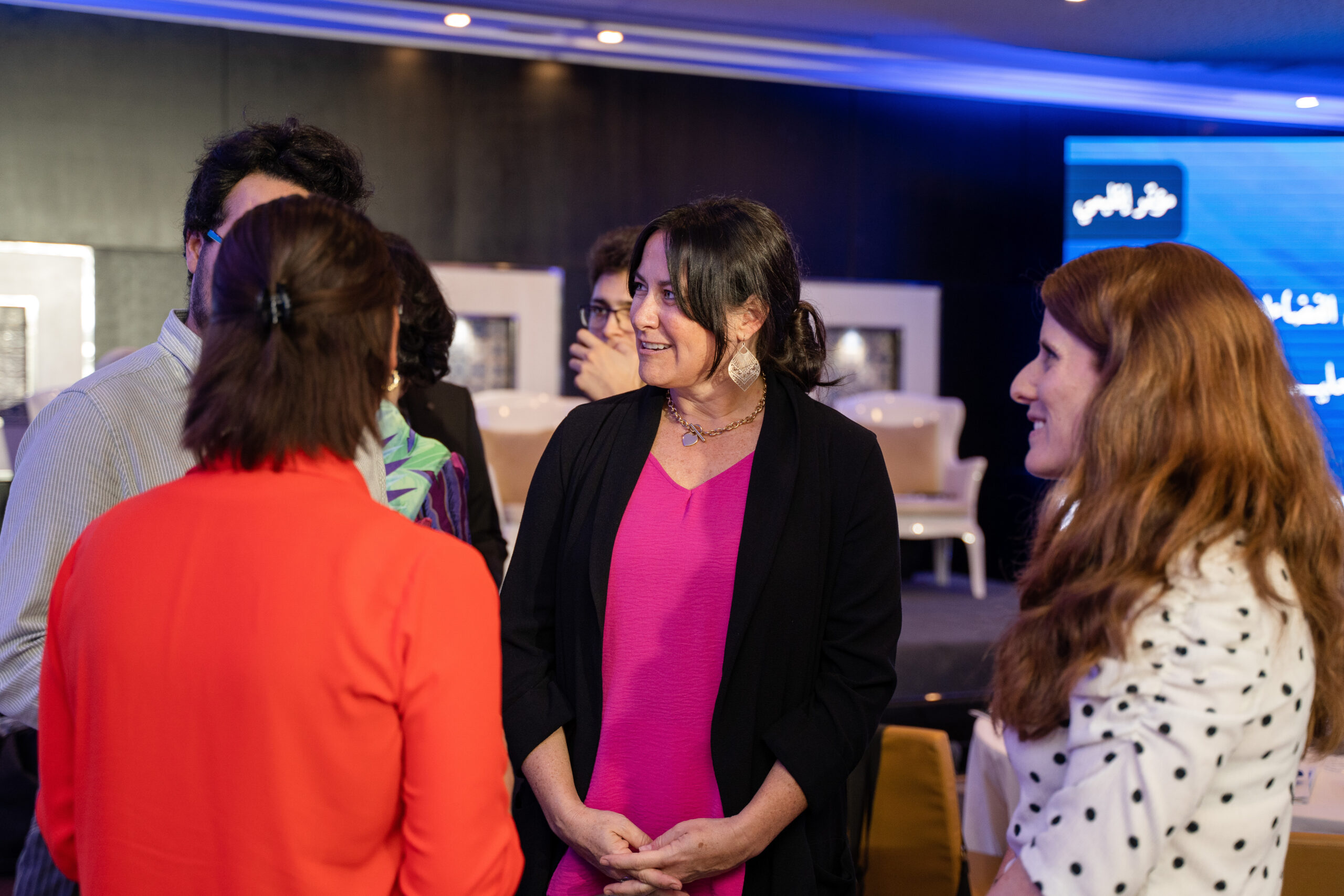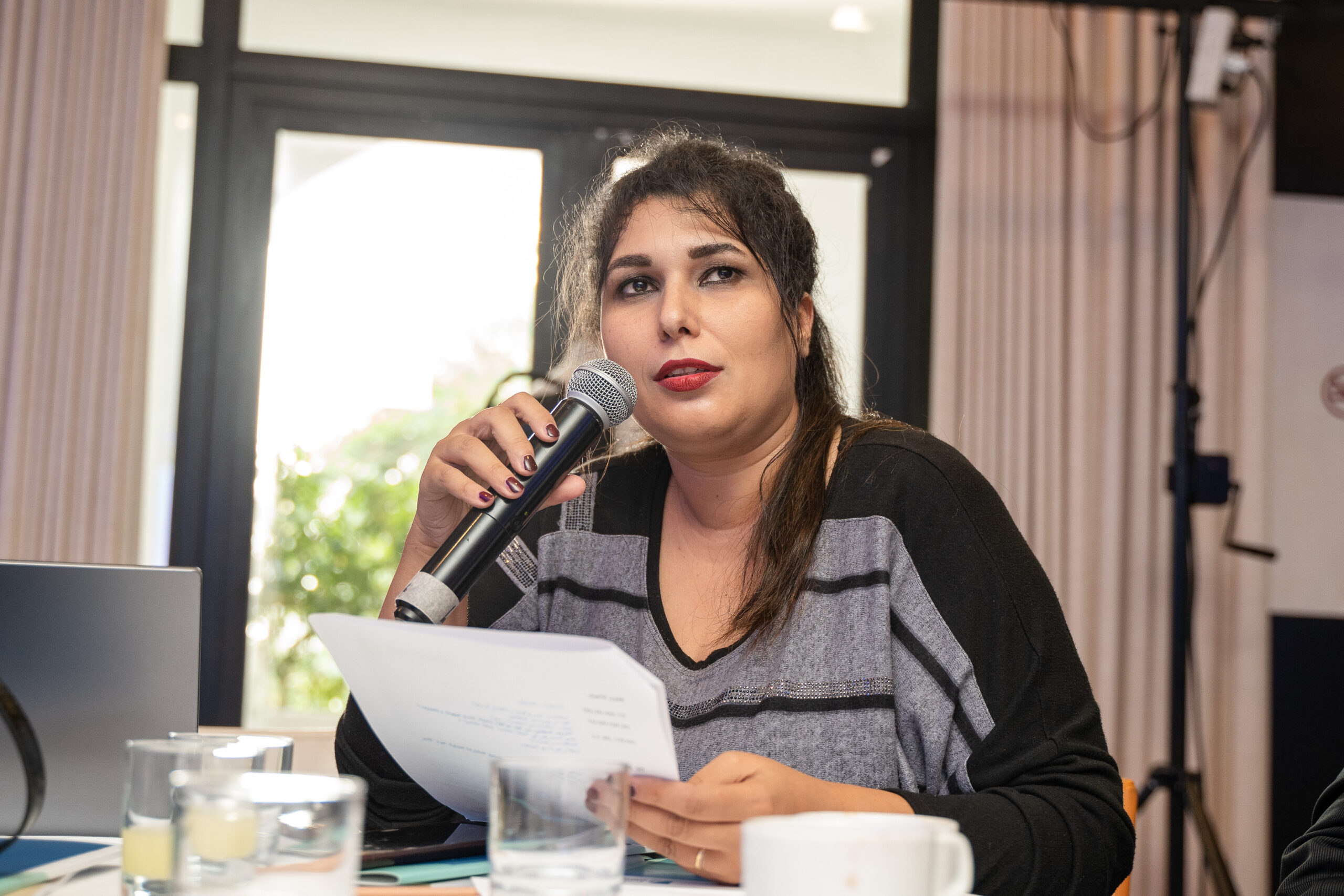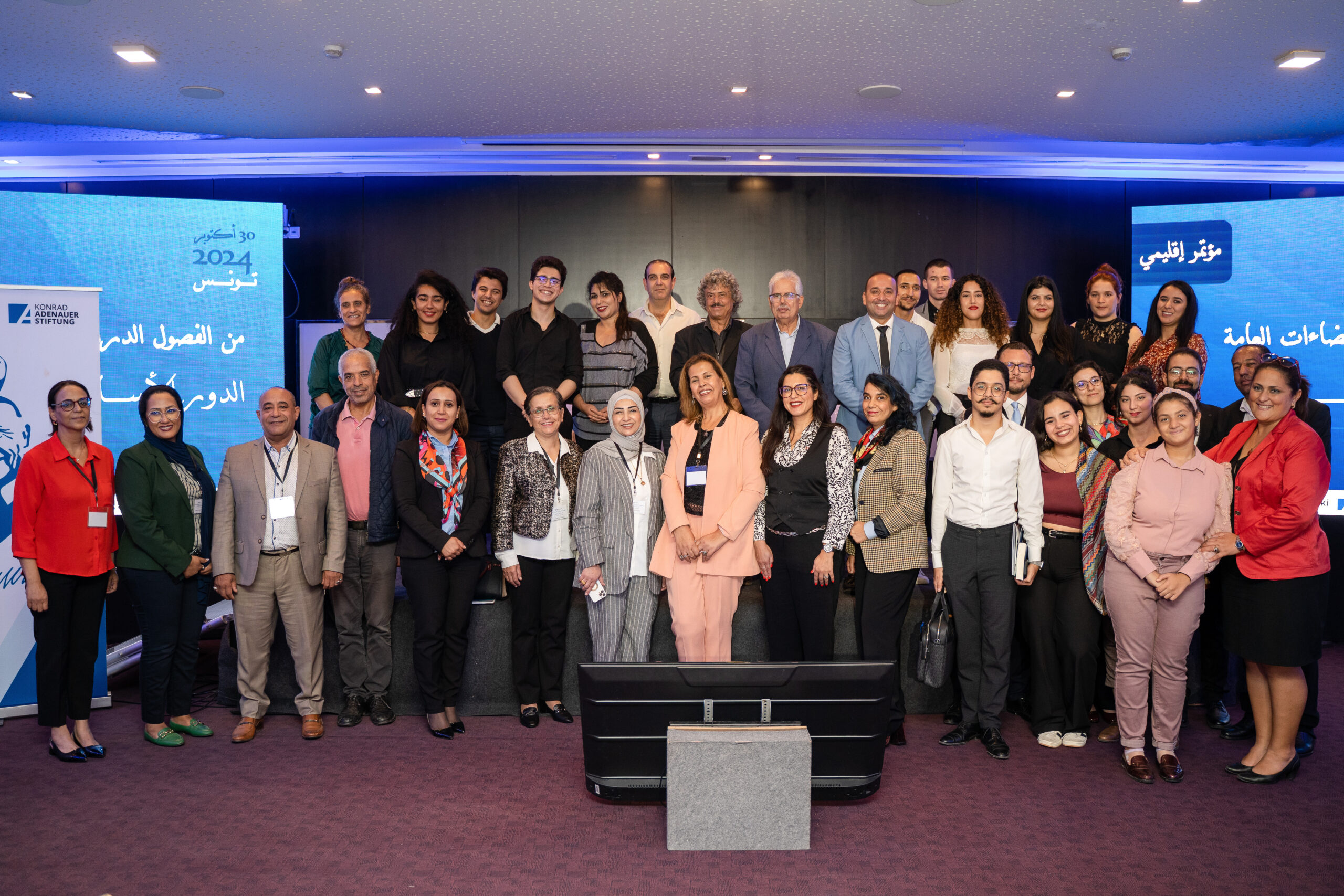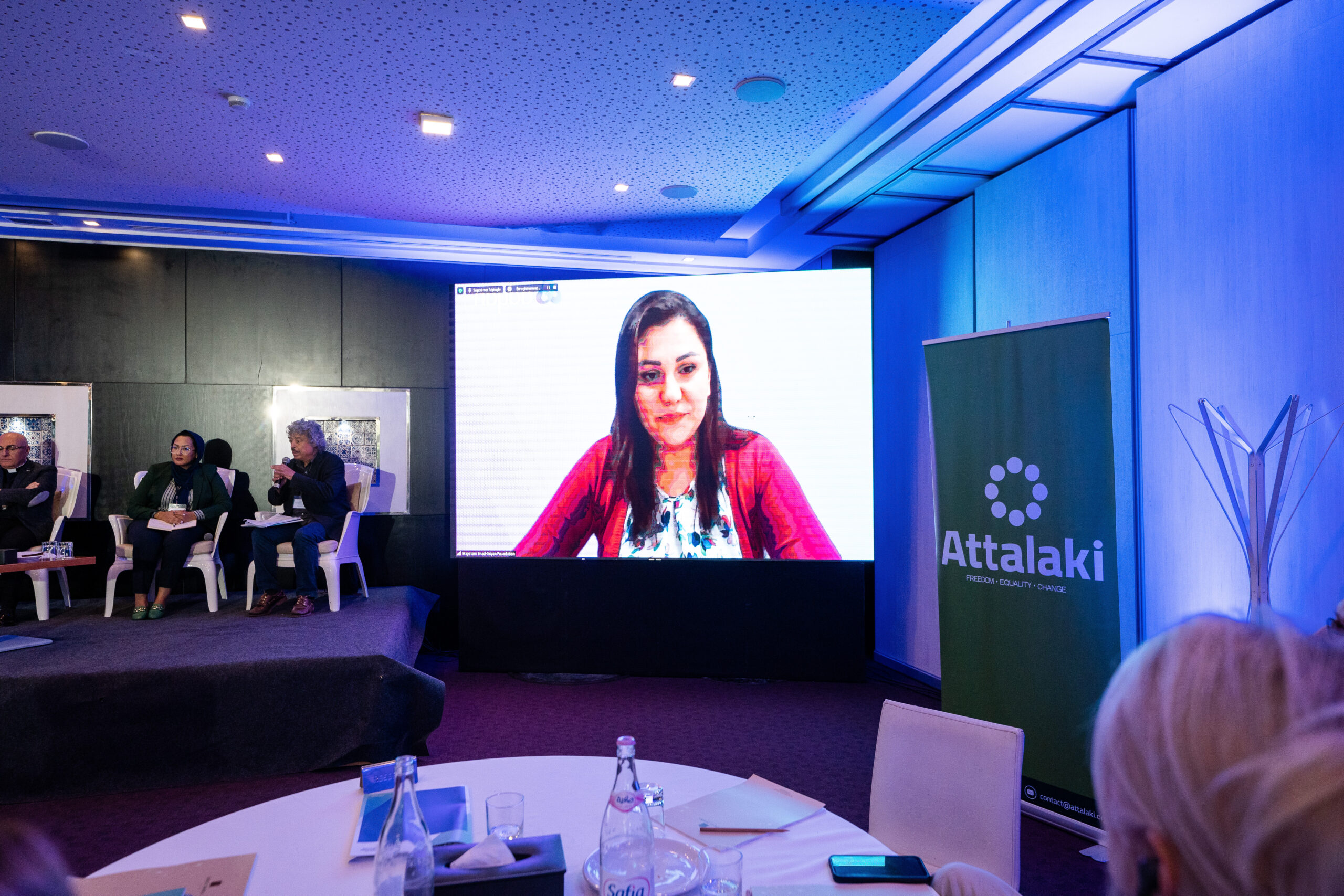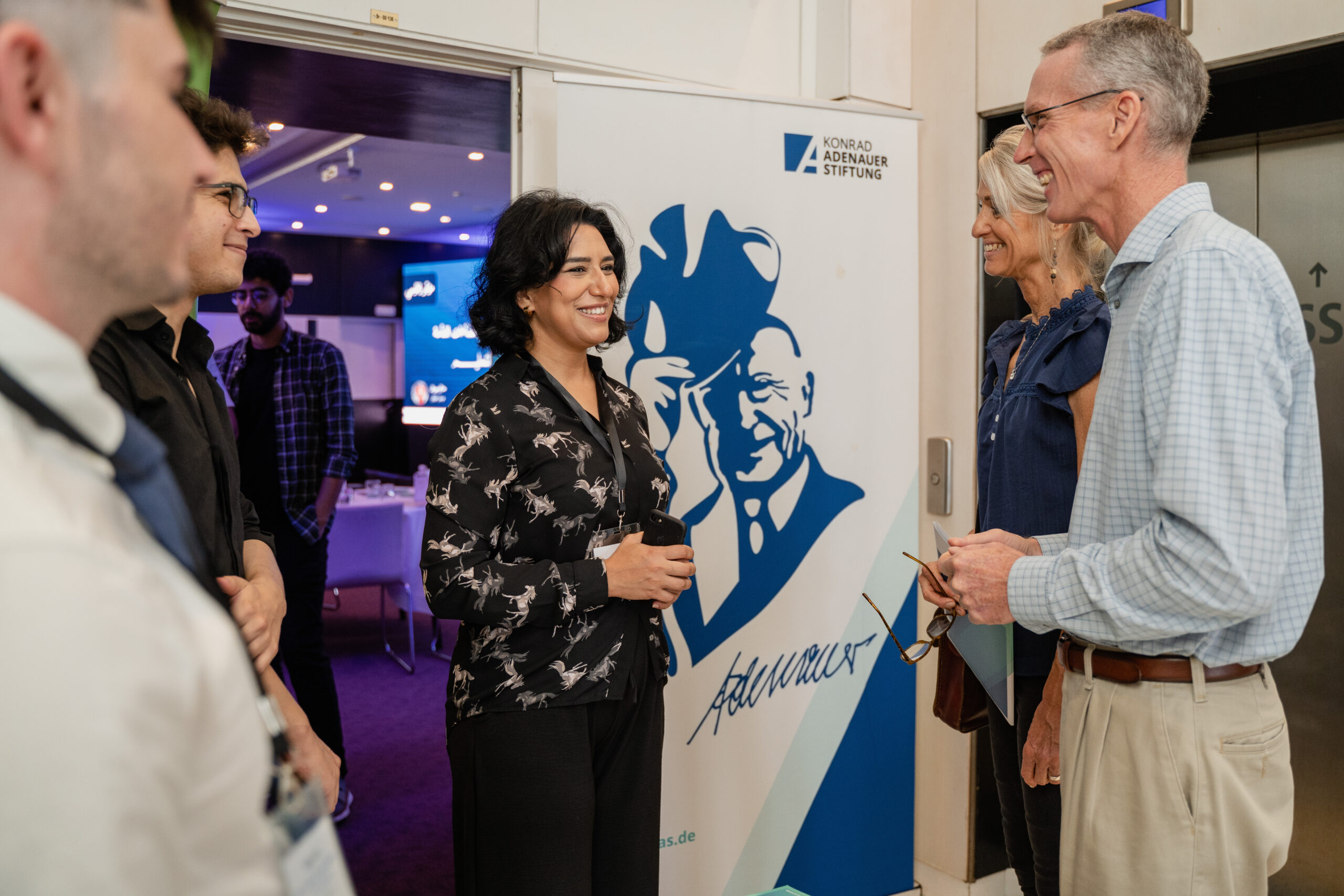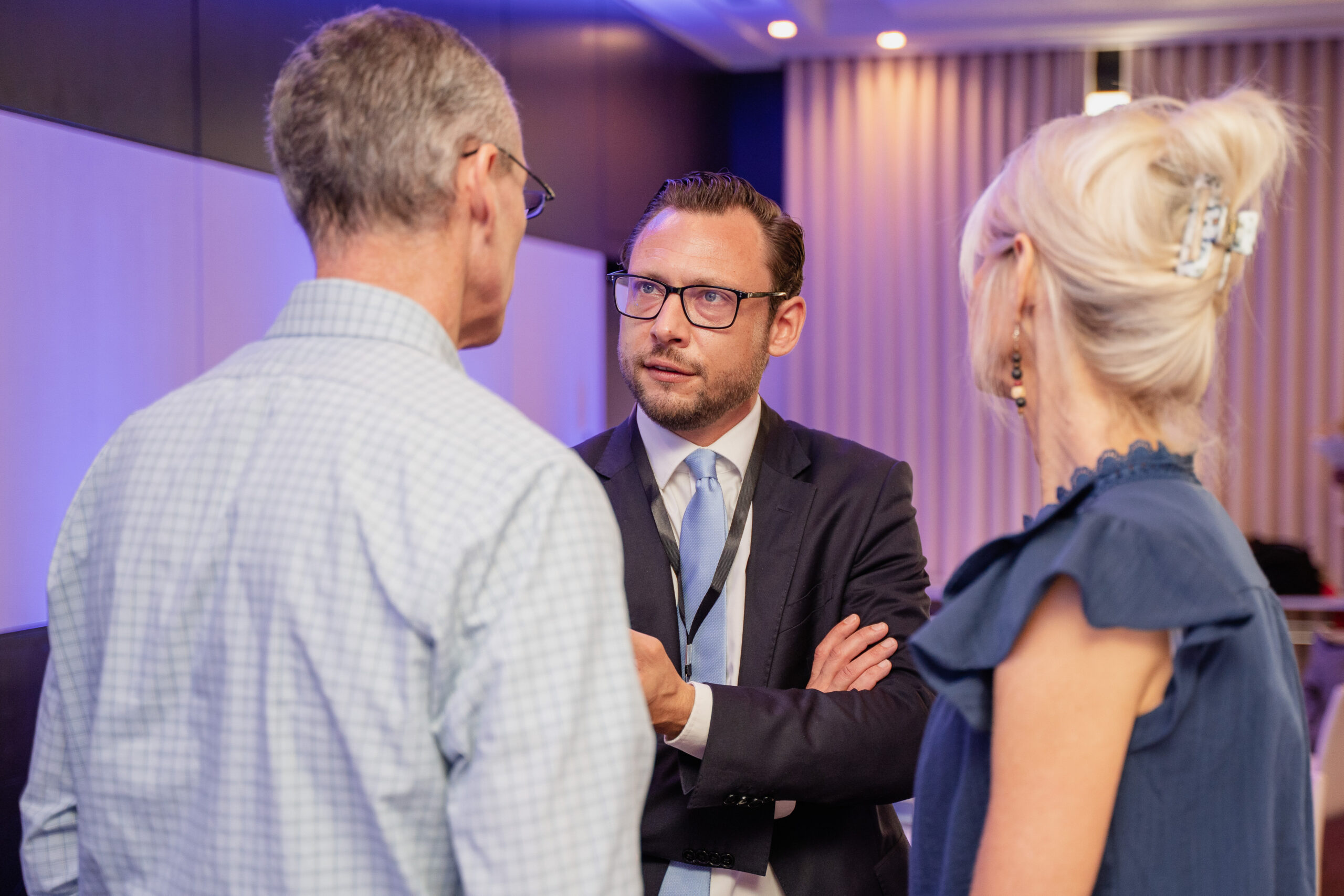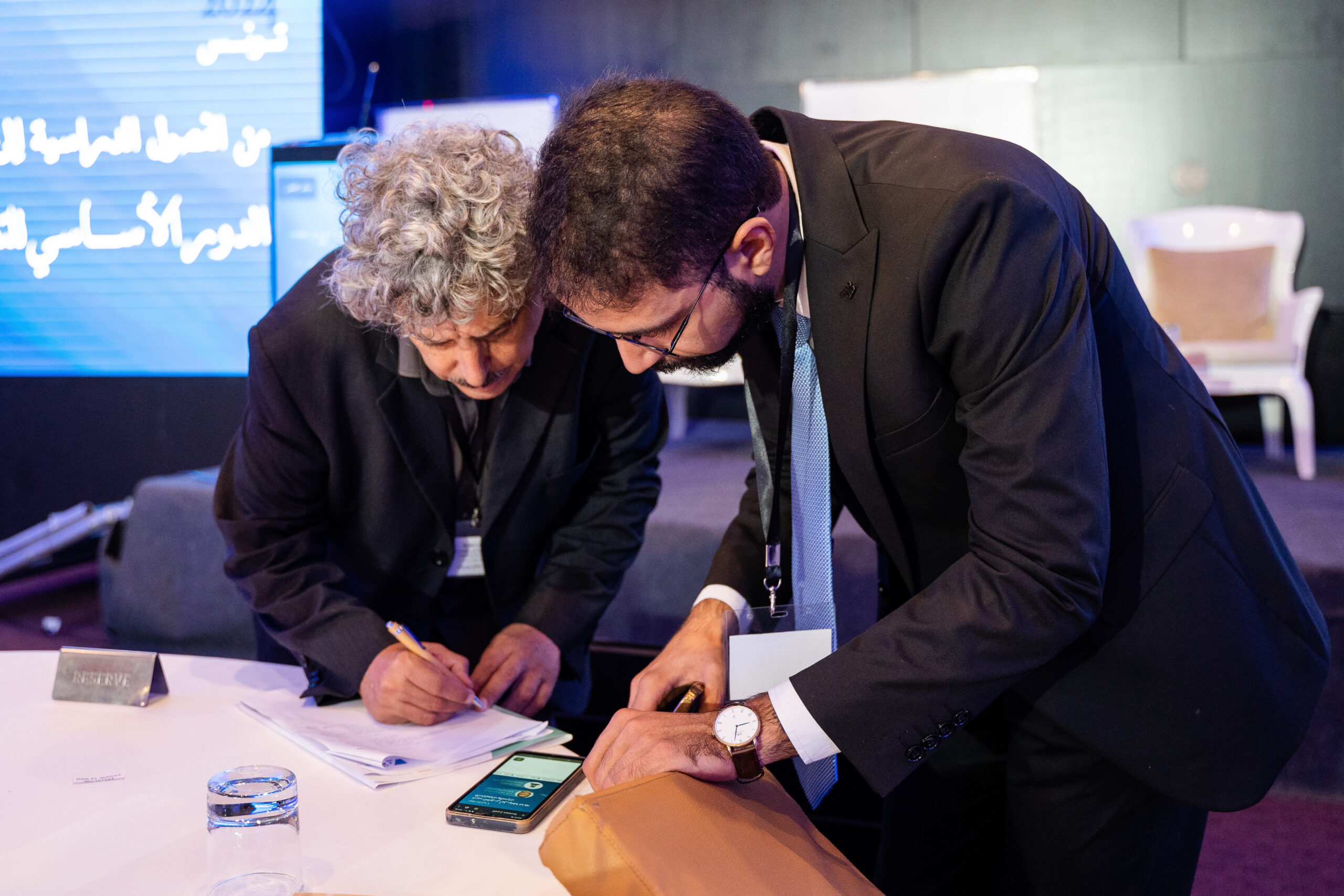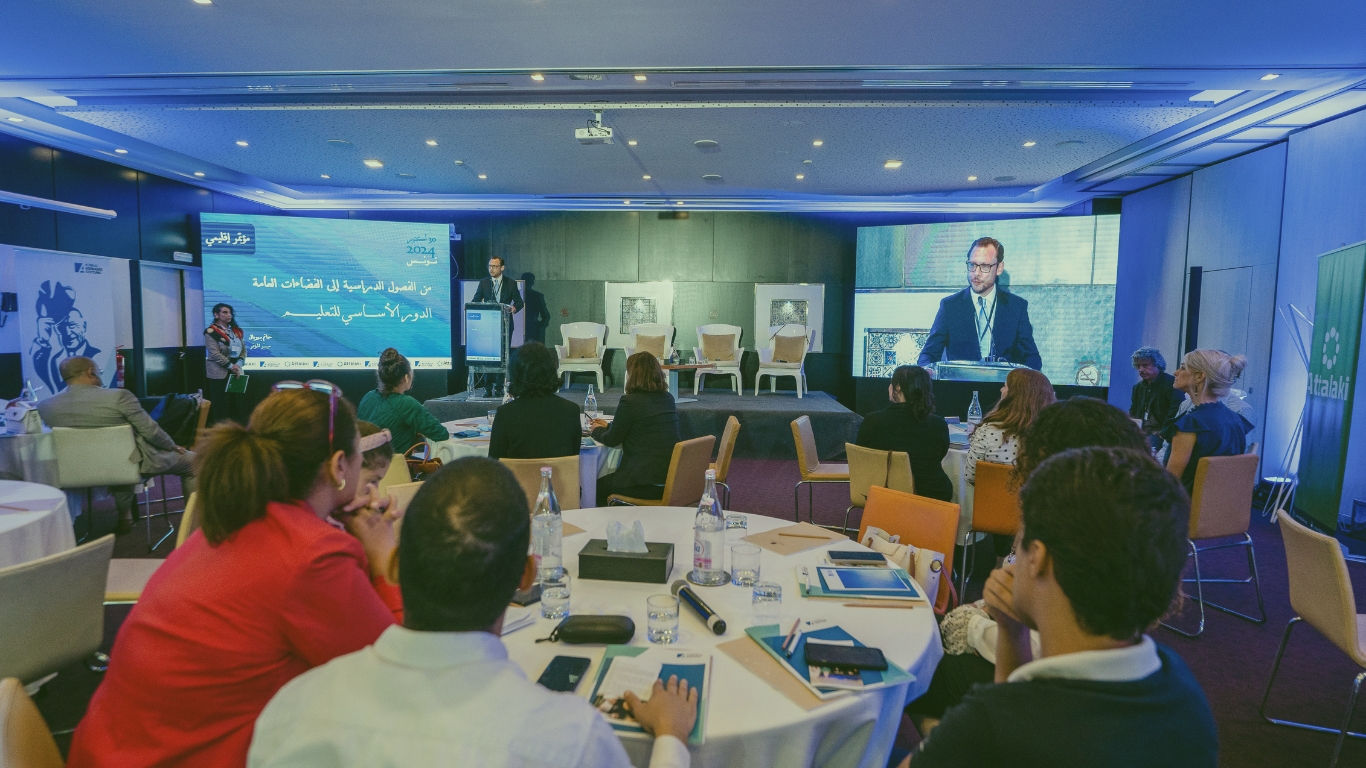From October 29 to 31, 2024, the Attalaki Organization, in partnership with the Konrad Adenauer Foundation, hosted the regional initiative « From Classrooms to Public Spaces: The Role of Education in Promoting Civic Engagement » in Tunis. This event convened educators, policymakers, and civil society leaders to explore the transformative potential of education in fostering inclusive citizenship and strengthening civic values.
Regional Conference and Expert Panels
Held at Dar El Marsa Hotel, the conference began with opening remarks by Dr. Malte Gaier, Resident Representative of the Konrad Adenauer Foundation in Tunisia, and Ms. Imen Laamami, Secretary-General of Attalaki Organization.
Session 1: Training Educators for Inclusive Citizenship – Strategies and Challenges
Moderated by Hatem Bourial, this session focused on equipping educators with tools for fostering inclusive learning environments.
Dr. Lina Malkawi (Jordanian Ministry of Education) discussed the transformative role of teachers in civic engagement, citing the Queen Rania Teacher Academy as a model for teacher training.
Dr. Assia Al Mohtar (Lebanese University of Beirut) presented on integrating civic education with STEM disciplines, demonstrating how topics like climate change foster civic responsibility.
Prof. Faten Laifa (Department of Educational Sciences, University of Jendouba) advocated for early incorporation of civic education, using interactive tools such as mock elections and workshops.
Dr. Monya El Alami (University of Ez-Zitouna, Tunisia) stressed the importance of addressing diversity through critical thinking and discussions on race, religion, and inclusion.
Session 2: Partnerships for Promoting Civic Engagement
This session examined the collaborative roles of families, civil society, and regional cooperation.
Dr. Fatima Ezzahra Maelainine (Moroccan Ministry of Justice) emphasized family roles in instilling tolerance and critical thinking, countering divisive ideologies.
Dr. Naceur Seddiki (Director, Higher Institute of Human Sciences, Jendouba) highlighted the importance of trust between families, society, and educational institutions.
Reverend Father Jawad Alamat (OIEC) advocated for family involvement in education to cultivate empathy and responsibility in youth.
Prof. Mayssam Imad (Lebanese Adyan Foundation) showcased cultural heritage exploration as a means to foster civic awareness and mutual respect.
Interactive Workshops
Workshops focused on practical strategies for embedding civic education in schools and promoting inclusive teaching methodologies. Participants collaborated on actionable frameworks to address challenges such as integrating civic engagement into curricula and combating extremism through education.
Cultural Immersion
The final day of the initiative offered participants a cultural journey through Tunisia’s diverse heritage. Guided by Hatem Bourial, they visited key sites that illustrated the country’s pluralistic history. The tour began at the Keren Yéchoua Synagogue in La Marsa, reflecting Tunisia’s Jewish heritage, followed by archaeological sites in Carthage, highlighting ancient Christian worship. In central Tunis, they explored the Ez-Zitouna Mosque, Saint Gregorios Grec Orthodox Church, Bet Mordechai Synagogue, Saint Georges Anglican Church and Saint Vincent de Paul Roman Catholic Cathedral, showcasing the coexistence of Islamic, Jewish, and Christian traditions. These visits underscored Tunisia’s historical commitment to diversity, fostering mutual respect and tolerance.
Outcomes and Future Impact
The initiative demonstrated education’s vital role in fostering inclusive societies, with tangible academic and societal outcomes. The event facilitated critical dialogue on integrating civic values into education, providing a model for advancing inclusive citizenship and cultural pluralism. The strategic partnerships and frameworks developed will influence future curricula and policymaking, promoting active citizenship and social cohesion.
Moving forward, the conference serves as a call to action, encouraging the inclusion of civic education in academic systems. The collaborative efforts established during the event ensure ongoing dialogue and reform, strengthening the foundation for a more inclusive, just, and cohesive society.
